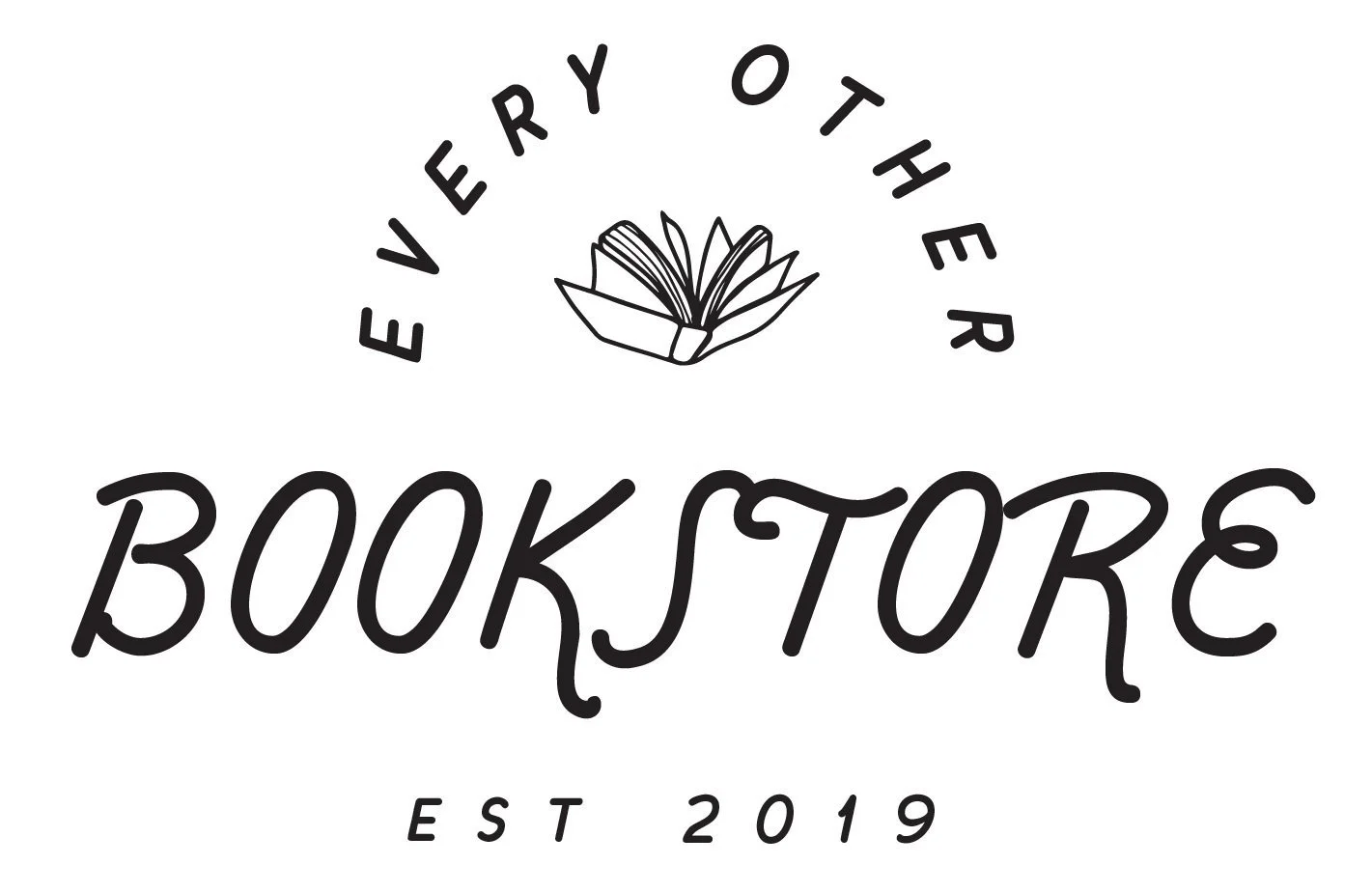The Rise of Anxiety and Depression in the Digital Age
My dad and I have read the newspaper together almost every morning since I moved home from college. We sit in our big chairs in the living room, sharing a lamp on the table between us. He reads the Finance and Sports sections; I read Life & Arts and Review. Occasionally, we trade. Yesterday, he handed me an article by Daniel Henninger called “The Deep Dangers of Life Online: The El Paso and Dayton Mass Murderers Reflect a Modern Epidemic of Self-Obsession.”
Henninger’s argument—or discovery—is alarming: anxiety and depression are surging among people my age, and our screens are at the root. He traces a link between forums like 8chan and 4chan and the rhetoric and violence of recent mass shootings:
“8chan describes itself a forum for unimpeded, uncensored ‘free speech.’ That is wrong. 8chan is a nut house. But don’t blame 8chan, Gab.com or Twitter. Blame the internet. More specifically, blame the inevitable deterioration of lives lived online.”
This “deterioration” is not confined to extremist forums; it is a widespread epidemic. Henninger points to the addictive grip of technology and social media, and the psychological toll that is only now being studied. Yet for me, this is not news. I’ve felt it, seen it, lived it. I quit social media over a year ago, but even away from it, I still feel the anxiety and depression Henninger describes. The most unsettling part? It feels normal. Among my peers, it has become the norm.
“Humans need to wake up,” my dad said, reclining in his chair. I could have dismissed his words as the weary judgment of an older generation, but deep down, I couldn’t. He was right. Henninger explains the biology behind our digital obsessions: our brains are not built to process this constant flood of information. It is overload, an extreme dive into the self.
Whether by design of God or Darwin, the human brain was not meant to endure the relentless inwardness these screens demand. It is neither natural nor normal.
And yet, screens are inescapable. They are our work, our connection, our entertainment. They bring immense benefits (including my website!). But they cannot be all we experience, all we see, all we hold. They cannot be the sole medium for thinking, communicating, and living.
When anxiety and depression creep in, I turn to my bookshelves. There is a near-magical trick in holding a physical book: the tangible words pull me out of the anxious swirl. My phone is right there, ticking and calling, but slowly, like a runner settling into rhythm, I forget it. I become absorbed, transfixed in another world—the only relief I can often find from this one.
I don’t have all the answers, but I do know what has worked for generations: reading, listening, telling stories. These are natural human capacities—ways of slowing down, practicing patience, learning to sustain attention, and thinking critically.
Henninger’s article confirmed a fear I’ve long harbored: just how miserable and self-obsessed our screen-saturated lives have made us. But it also reinforced my passion for bookstores and the worlds they hold. These screenless spaces are more vital than ever. Immersing oneself in other worlds is more important than ever.
So here’s a challenge: go to a local bookstore, buy a book, and read it in peace for two uninterrupted hours. If it’s difficult, and you keep checking your phone, start doing it every day.
The screen genies are out of the bottle. Banning them won’t work. But maybe, just maybe, we can reclaim our attention—and our humanity—one story at a time.

